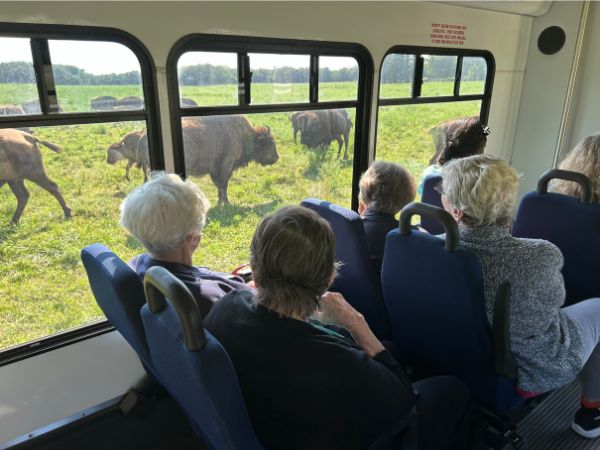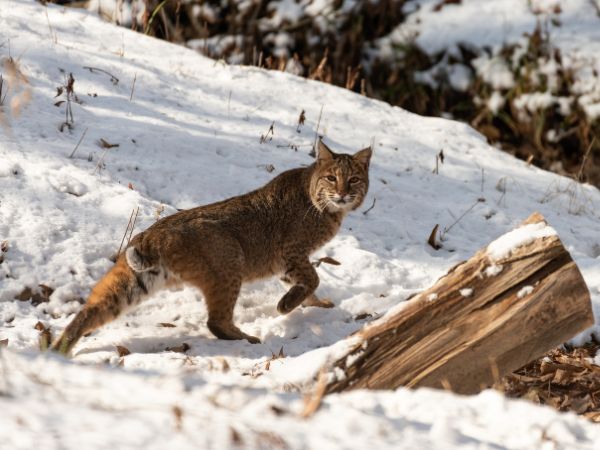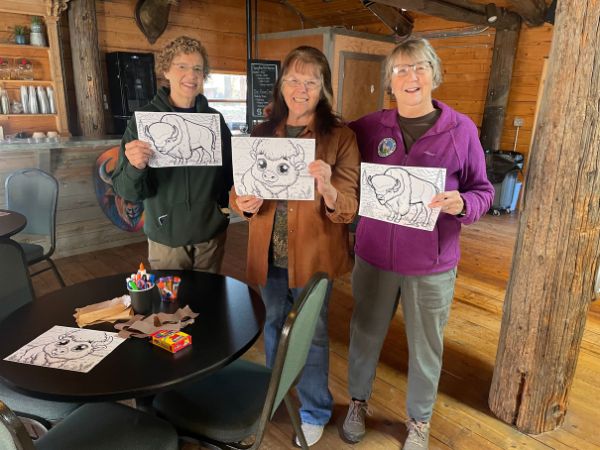Conservation
Leading the Way in Conservation Efforts
Wildlife Prairie Park is committed to conservation efforts that protect and preserve native wildlife and their habitats. Through various initiatives, the park plays a vital role in protecting native species, habitat restoration, and public education.

Support Our Park
Wildlife Prairie Park is a 501(c)3 not for profit and can only continue our mission through the generosity of people like YOU!


